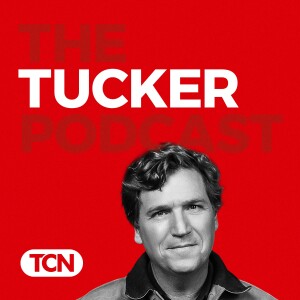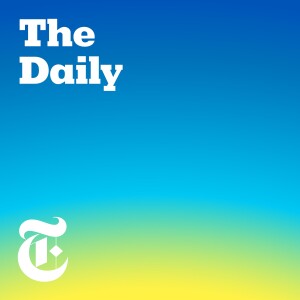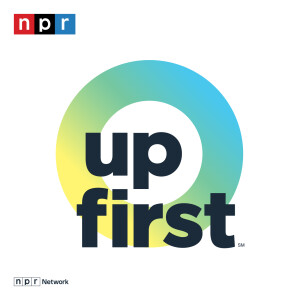Modern communications technology enables us to leap great distances in a single bound. It allows us to telecommute, to stay connected and even to run a business half way around the world. But does any of this enhance creativity? Does it help generate new ideas? The fact is, our greatest natural resource has been the coming together of people and ideas in the worlds great cities.
While we often associate cities with blight and poverty, our cities...
Modern communications technology enables us to leap great distances in a single bound. It allows us to telecommute, to stay connected and even to run a business half way around the world. But does any of this enhance creativity? Does it help generate new ideas? The fact is, our greatest natural resource has been the coming together of people and ideas in the worlds great cities.
While we often associate cities with blight and poverty, our cities have been the incubators of the future. They are places where people are healthier, more creative, more environmentally correct and more in touch. There is a profound reason that two-thirds of the world live on the three percent of the land, that are our cities. Harvard economist
Edward Glaeser celebrates this in his new work
Triumph of the City: How Our Greatest Invention Makes Us Richer, Smarter, Greener, Healthier, and Happier. My conversation with Edward Glaeser:
var gaJsHost = (("https:" == document.location.protocol) ? "https://ssl." : "http://www.");
document.write(unescape("%3Cscript src='" + gaJsHost + "google-analytics.com/ga.js' type='text/javascript'%3E%3C/script%3E"));
try {
var pageTracker = _gat._getTracker("UA-6296941-2");
pageTracker._trackPageview();
} catch(err) {}
View more














